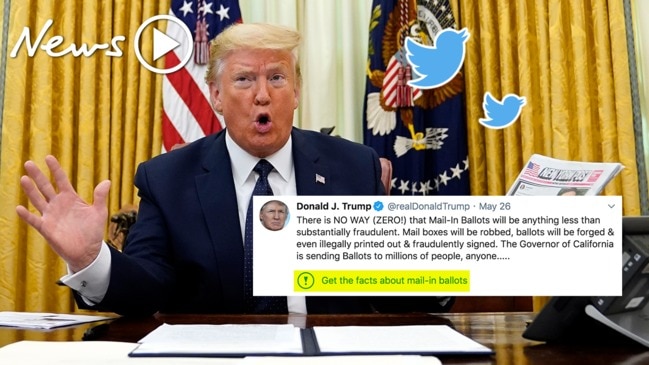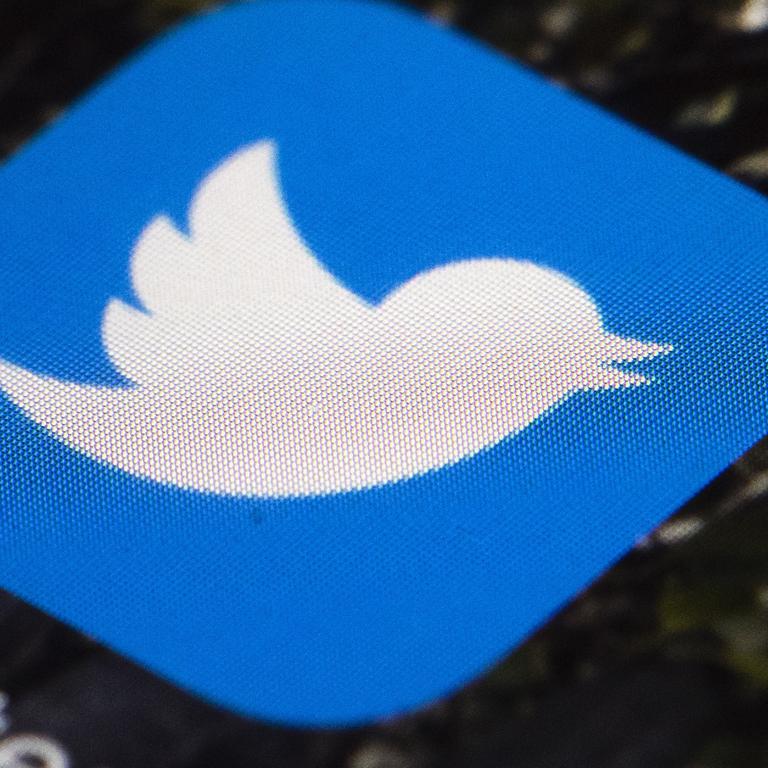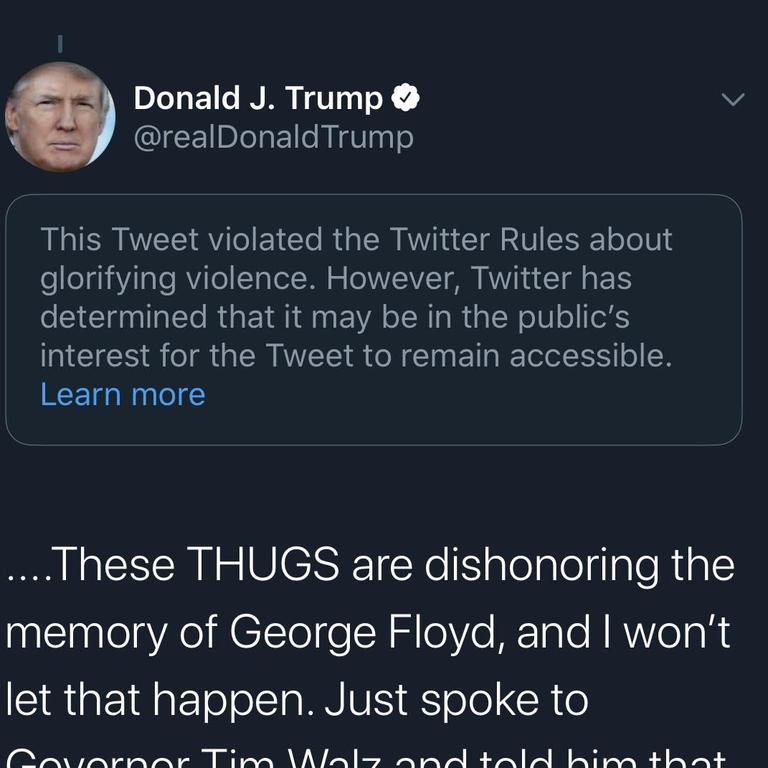Twitter to warn users about sharing articles they haven’t read
One of the world’s biggest social media sites has decided to police another aspect of how we use it.

Twitter has announced it will start cracking down on another common social media practice, as it fact checks politicians and warns its users to be nice to one another.
Now, people who try to share articles without reading them first will be warned about their behaviour.
The company announced on (where else but?) Twitter that it would start nudging some users to read articles they’re about to share if they haven’t opened them in the Twitter app first.
Sharing an article can spark conversation, so you may want to read it before you Tweet it.
— Twitter Support (@TwitterSupport) June 10, 2020
To help promote informed discussion, we're testing a new prompt on Android –– when you Retweet an article that you haven't opened on Twitter, we may ask if you'd like to open it first.
Like Twitter’s warnings on things such as viewing some of US President Donald Trump’s tweets and the pop-up dialogues that have lectured users about being mean to one another, the app will only warn you about blindly sharing articles rather than stop you from actually doing it.
The new warnings are only a test at this stage and will only affect some users of the Android app.
The Twitter app has an in-built reader which uses the open-source Accelerated Mobile Pages (AMP) technology to quickly load pages, but particularly on news sites it can lead to a poorer reading experience, as some elements of an article may not load.
RELATED: Trump targets social media in executive order
RELATED: Problem with Trump’s threat to shut Twitter

It’s not clear how or if Twitter will police people who open links in their phone’s browser to get the full content of a web page rather than on the Twitter app.
They’ll presumably have to just ignore the warnings, as most other people may as well.
Another common practice among Twitter users is the use of the retweet with comment feature to “dunk on” news outlets or the authors themselves for the worst crime of all – having a bad take online.
This rarely requires a user to actually read an article, and many of the more “dunked on” takes sit behind paywalls on websites users don’t subscribe to.
They will presumably ignore the warnings as well.
Twitter said the initiative is to “help promote informed discussion”.
RELATED: Backlash as #Blackout backfires
RELATED: ‘Bunker boy’ Trump parody goes viral

RELATED: Protester question cops can’t answer
It’s not without reason – the blind share is a prevalent and well-documented practice on social media, and it’s apparently giving us all a bit of false confidence in our opinions.
“Because most social media users only have a passing engagement with posted news, exposure to political information on social media may simply create the illusion of political learning,” York College of Pennsylvania researchers wrote last year.
“We argue that Facebook’s News Feed itself, with its short article previews, provides enough political information for learning to occur. However, this learning comes with an additional consequence: Audiences who only read article previews think they know more than they actually do, especially individuals who are motivated to seek emotions,” the researchers said.
A separate 2016 study from computer scientists at Columbia University and the French National Institute found roughly 59 per cent of links shared on Twitter are never clicked, implying people retweet and share them without reading first.
Social news outlet Upworthy accidentally proved the point last year when a news headline that didn’t lead to an article still attracted 2000 comments after it was mistakenly shared on Facebook.
Satirical website The Science Post perhaps summed up the issue best, posting a widely shared story headlined “Study: 70 per cent of Facebook users only read the headline of science stories before commenting” which was largely made up of the famous placeholder text Lorem ipsum.
Will Twitter’s new rule have any impact on how you share news stories? Have your say in the comment below, now that you’ve read the whole article.



